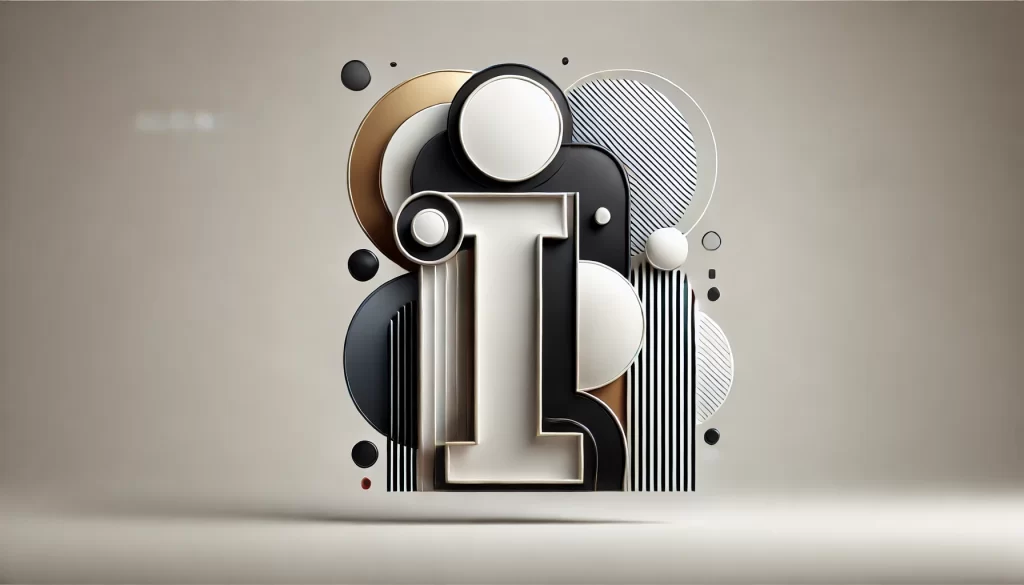
In every generation, across cultures and nations, certain individuals transcend the ordinary to become icons – figures who inspire millions. These larger-than-life people, through their actions, ideas, and unwavering purpose, leave a lasting mark on society. Their influence goes beyond their time, shaping future generations and shifting the course of history.
Icons are more than symbols of achievement. They represent ideals, untapped potential, and collective dreams. They push us to strive for more, challenge conventions, and believe in something greater than ourselves. But what makes these figures so vital for progressive societies? Why do we need them now, more than ever?
Icons: Shaping Progress and Aspiration
At the heart of every thriving society is a vision of what’s possible. Icons bring that vision to life. They are dreamers who show us that even the seemingly impossible can be achieved. Figures like Nelson Mandela, Mahatma Gandhi, and Marie Curie didn’t just accomplish extraordinary things; they opened up new ways of seeing the world, expanding the horizons of what we believe is attainable.
Yet their successes never come easily. Icons often endure great sacrifices, setbacks, and personal struggles. We don’t just admire their achievements – we connect with their perseverance and resilience. They remind us that progress may be hard-won, but it is within reach.
In today’s world, where challenges like climate change and social inequity seem overwhelming, these figures shine as beacons, showing us that with determination and purpose, human potential has no limits.
Bridging the Gap Between Generations
Icons also have a unique ability to connect generations. As societies evolve, younger generations can struggle to find their place within existing systems, leading to tensions between tradition and innovation. Icons help bridge that divide, uniting the wisdom of the past with the energy of the present.
Take Martin Luther King Jr. or Eleanor Roosevelt—both became symbols of their time, speaking to the frustrations and aspirations of the youth while honoring the legacies that came before them. They created a shared language of progress, bringing different ages together around a common cause. In this way, icons are not just agents of change; they also ensure continuity, keeping the spirit of society alive as it transforms.
The Need for Icons in Today’s World
The need for icons has never been greater than it is today. With rapid technological advancements, political polarization, and a pervasive sense of uncertainty, societies are often left searching for common ground. Information overload and rising individualism make it difficult to rally around shared values or collective goals. Icons provide that rallying point – they distill what matters most and remind us of what we can achieve when we come together.
More than that, icons turn abstract ideas into something we can grasp. We know the environment is fragile, but it was Rachel Carson’s pioneering work that awakened the world to the urgent need for environmental protection. We’ve read about systemic racism, but Amanda Gorman’s stirring words make the fight for justice immediate and personal.
In a time when institutions are mistrusted, and leaders are questioned, icons show us the power of individual action. They remind us that even in moments of uncertainty, progress is not just possible – it’s inevitable when we believe in something bigger than ourselves.
The Deep Connection with the Human Spirit
Ultimately, icons resonate with something deep within us – the need to believe in goodness, in progress, and in our collective ability to create a better world. They reflect the best of what humanity can be, offering a glimpse of our own potential.
When we celebrate Nelson Mandela, it’s not just his political triumphs that move us – it’s his deep humanity. His choice to forgive rather than harbor bitterness, to seek unity instead of division, inspires us to act with a similar grace. Take Amílcar Cabral – he wasn’t just a revolutionary leader; his dedicated fight for independence and social justice in Africa speaks to our profound desire for equality and human dignity.
Icons hold up a mirror to our best selves. This reflection is essential for any society that seeks to move forward – not just politically or economically, but morally, culturally, and spiritually.
The Icons of Tomorrow
Icons aren’t born; they’re made through adversity, doubt, and challenge. And through their perseverance, they become the leaders and changemakers who inspire us all. But they do not stand alone—they are shaped by the communities, societies, and cultures that nurture their dreams and ambitions.
As we face the complexities of the 21st century, it’s more important than ever to cultivate the next generation of icons. These individuals will guide us through tomorrow’s challenges and inspire us to dream bigger. Icons are not relics of the past – they are essential to our future. They remind us that progress is not just possible but inevitable when we come together with purpose and vision.
And perhaps, the next icon we need may just be the person reading these words.